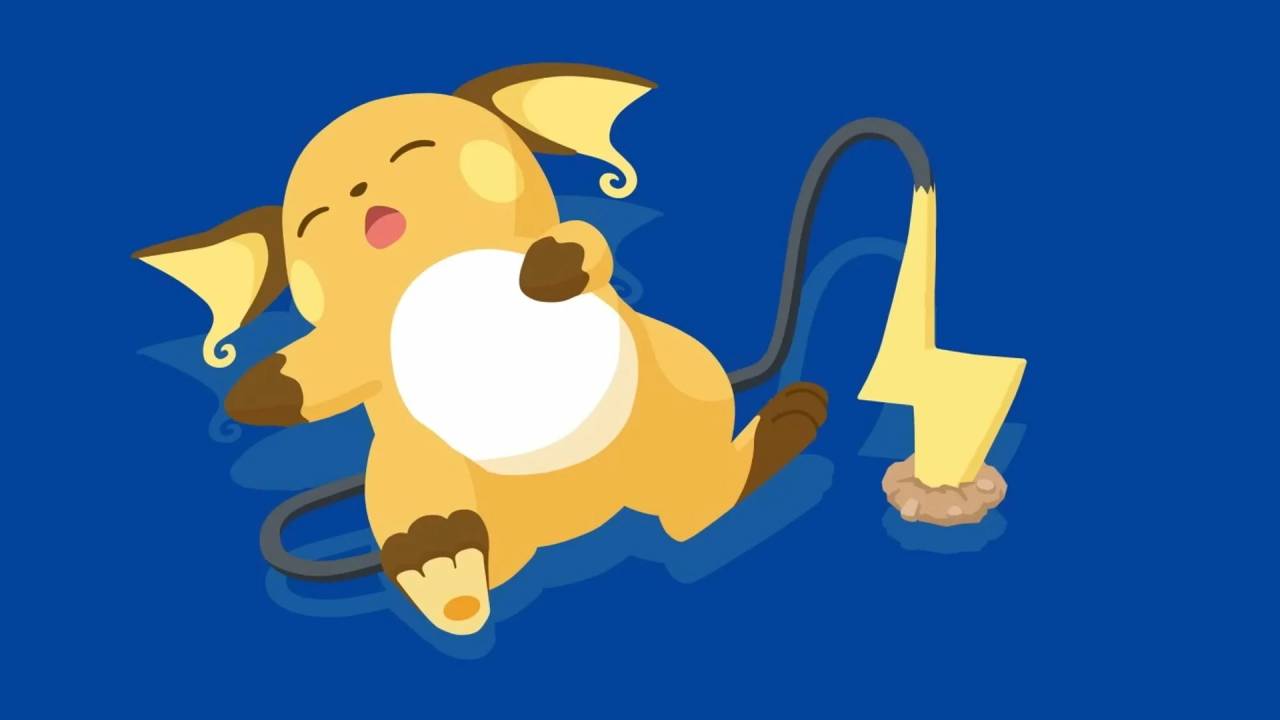
Everyone is looking for ways to get a better night’s sleep, whether that’s by investing in the best mattress or trying TikTok sleep hacks. But what if I told you that Pokémon could help you get those much-needed ZZZ’s?
Launched in July 2023 to most app stores, Pokémon Sleep is the new sleep game app that rewards you as you rest. For those new to Pokémon Sleep, it acts in a similar way to the best sleep trackers. Once Pokémon Sleep is downloaded to your phone, you simply place it by your pillow and the app uses your phone’s microphone and accelerometer to record and measure your sleep… it’s that simple!
The game takes place on an island where players carry out research on how Pokémon sleep. Working with a large Snorlax and sleep professor Neroli, the longer you sleep the higher your score is in the morning. When you wake up, you’ll be given a rundown on your night’s sleep, which will be classified as one of three sleep styles: dozing, snoozing or slumbering. Snorlax will also be surrounded by other Pokémon which you earn as you sleep.
The idea behind Pokémon Sleep is pretty ingenious. Giving users a chance to earn rewards as they sleep is sure to encourage people to put their sleep first… but is it effective? I spoke to Theresa Schnorbach, sleep expert at Emma, to find out if we should be gamifying sleep and if sleep tracking does more harm than good.
Do Pokémon Sleep and sleep apps work?
Sleep apps like Pokémon Sleep aren’t anything new, as sleep trackers, fitness trackers and other wellness wearables have been gathering data on sleep for years. They work “by detecting your movements and sounds while you sleep to help you approximate your total sleep time, suggest when you’ve entered different stages of sleep, and they can also be helpful in improving sleep hygiene” says Schnorbach.
Moving away from specific trackers that you’d wear on your wrist or slip under your mattress, Pokémon Sleep is one of the first apps of its kind which works to advance your ‘sleep score’ and uses “gameplay, rewards, challenges and competitiveness to encourage people towards better sleep habits.”
The main difference that Schnorbach wants to point out is that “while sleep apps can make an educated guess on sleep stages based on movement and sounds, they’re not as accurate as clinical methods like polysomnography. Tracking through sleep apps is just an approximation and shouldn't be used as accurate tools for sleep monitoring.” Considering Pokémon Sleep is new to the market and doesn’t even come into contact with your skin like other sleep trackers, it does beg the question whether Pokémon Sleep can actually help you with sleep.
Pokémon Sleep: Striking the right balance
Ultimately, there’s a fine line to navigate between healthy sleep routines and sleep issues. Sleep apps and games are handy for people curious about their sleep and want to collect data on their sleep patterns and behaviours. But relying on them too much or trying to compete on a game like Pokémon Sleep could be crossing that line.
Schnorbach comments that “one of the concerns associated with sleep tracking, which may be worsened through gamification, is the obsessiveness or anxiety it can precipitate. For some, achieving the ‘perfect’ night’s sleep, or collecting rewards, can cultivate psychological obsessive fixations about sleep metrics, which creates anxiety that can ultimately worsen your sleep routine.”
Further, using your phone before bed can have a huge impact on sleep as screens emit blue light which interferes with the body’s natural circadian rhythm and body clock. Blue light does this by impacting the sleep-inducing hormone, melatonin, and by “encouraging the use of phones before bed, sleep apps can potentially inhibit melatonin production, making you feel less tired and, as such, you may struggle to fall asleep.” Using Pokémon Sleep with your phone on night mode can help with this, as can limiting your screen time and the light intensity.
While Pokémon Sleep and other sleep tracking apps can be fun, Schnorbach says it’s always important to not rely on them, especially not at the cost of listening to your body. “No app can be 100% accurate, but if you decide to use sleep tracking or game apps, I’d encourage you to remain conscious of your daily habits and how your routine impacts your sleep; you know yourself best so if you feel like you're regularly failing to get the right amount or good quality sleep, speak to a medical professional.”







